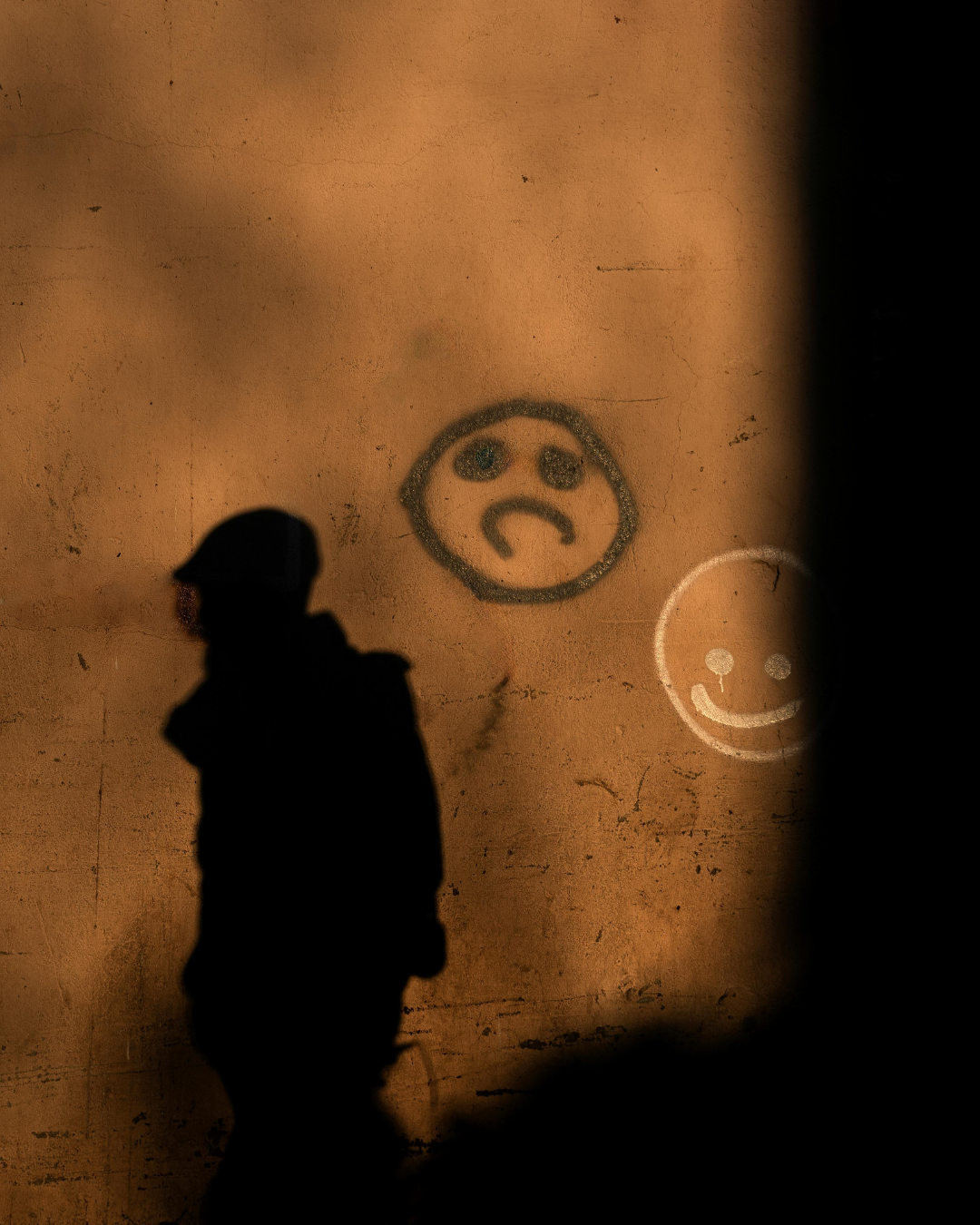Childhood sexual abuse (CSA) casts long shadows, leaving scars that can permeate every facet of a survivor’s life. Among the most deeply affected areas is sexuality—a domain intertwined with identity, intimacy, and trust. Healing from such profound trauma is a complex, non-linear journey, but it is also a testament to human resilience and the possibility of reclaiming joy and wholeness. This blog post aims to shed light on the path toward healing and rediscovering a healthy sense of sexuality after childhood sexual abuse.
Understanding the Impact
The effects of CSA on an individual’s sexuality are profound and multifaceted. Survivors may experience a range of challenges, including:
- Shame and Guilt: Feelings of shame and guilt are common, as abusers often manipulate victims into believing they are complicit or at fault.
- Trust Issues: Trust, especially in intimate relationships, can be profoundly shaken, making it difficult to form and maintain healthy sexual relationships.
- Dissociation: Survivors might dissociate during sexual activity, disconnecting from their bodies as a coping mechanism.
- Distorted Self-Image: The trauma can lead to a distorted sense of self-worth and body image, affecting how survivors perceive and engage with their own sexuality.
- Hypersexuality or Sexual Aversion: Some may respond by becoming hypersexual, seeking validation or control through sex, while others might develop an aversion to sexual activity altogether.
The Healing Process
Healing from CSA is a deeply personal process that varies widely among survivors. However, some common steps can facilitate the journey toward reclaiming a healthy sense of sexuality:
1. Acknowledgment and Validation
The first step is often the hardest: acknowledging the abuse and recognizing its impact. Survivors need to validate their experiences and emotions, understanding that the abuse was not their fault. Seeking support from a trusted friend, therapist, or support group can provide the necessary validation and a safe space to share their story.
2. Professional Therapy
Engaging with a therapist who specializes in trauma and sexual abuse can be transformative. Therapeutic approaches such as Cognitive Behavioral Therapy (CBT), Eye Movement Desensitization and Reprocessing (EMDR), and Somatic Experiencing can help survivors process trauma, reduce symptoms, and develop healthier coping mechanisms.
3. Reconnecting with the Body
Survivors often experience a disconnection from their bodies as a result of the abuse. Reconnecting with the body through practices like yoga, mindfulness, and somatic therapy can help restore a sense of safety and ownership over one’s physical self. These practices encourage present-moment awareness and can be powerful tools in reclaiming bodily autonomy.
4. Establishing Boundaries
Learning to establish and assert healthy boundaries is crucial. This includes understanding personal limits, communicating needs, and recognizing that it’s okay to say no. Boundaries are essential for fostering a sense of control and safety in intimate interactions.
5. Exploring Healthy Sexuality
Reclaiming sexuality involves exploring and understanding what feels safe and pleasurable. This might include self-exploration, solo sexual activities, or open communication with a partner. It’s about discovering what feels right on an individual level without pressure or judgment.
6. Building Trust and Intimacy
Building trust takes time, patience, and effort. In relationships, open communication about fears, triggers, and needs is essential. Partners can support by being patient, understanding, and respectful of boundaries, fostering an environment where the survivor feels safe and valued.
7. Community and Peer Support Groups
Joining support groups can provide a sense of community and shared experience. Hearing others’ stories and sharing one’s own can be incredibly validating and can reduce feelings of isolation. Discussions surrounding sexuality are part of The Gatehouse Phase 1 Out of the Darkness Into the Light 15 – week Program. For more information about this program, please click here
Moving Forward
Healing from CSA is a lifelong journey, marked by gradual progress and the occasional setback. It’s important for survivors to be gentle with themselves, celebrating small victories and seeking support when needed. Healing is not about forgetting the past but about integrating the experience into a narrative of resilience and growth.
Sexuality is a fundamental part of being human, and reclaiming it after trauma is a powerful act of self-love and empowerment. Survivors deserve to experience pleasure, intimacy, and connection on their terms. With patience, support, and self-compassion, it is possible to heal and embrace a fulfilling and healthy sense of sexuality.


